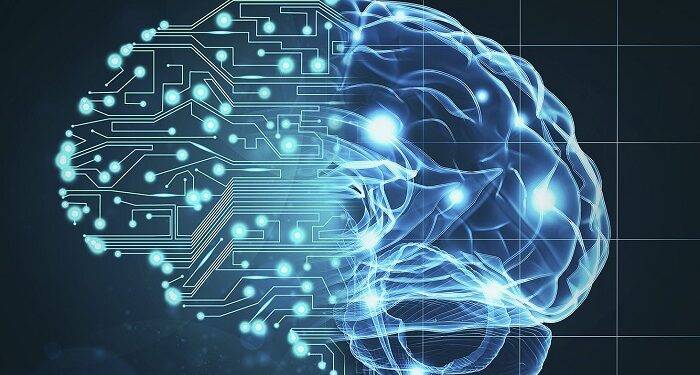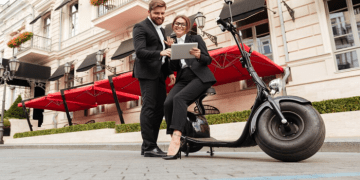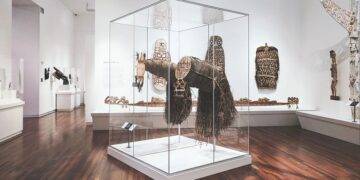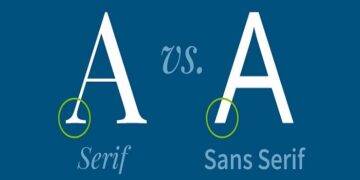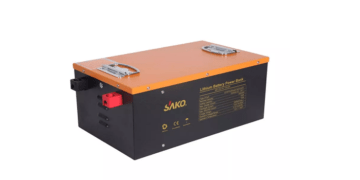Artificial intelligence – will help humanity or destroy it? The most prominent scientists and developers argue about this. The inventor Elon Musk, the physicist Stephen Hawking, and the head of the Microsoft Corporation, Bill Gates, warn against the development of artificial intelligence, but other scientists and famous personalities, such as Mark Zuckerberg, the programmer and founder of the Facebook network, on the contrary, see benefits for all mankind in the application of artificial intelligence. Meanwhile, the famous humanoid robot Sophia, created on the basis of artificial intelligence, learns, jokes and gives interviews in which she expresses her desire to have a family, like people. We understand how artificial intelligence can change the world – for the better or vice versa?
Artificial intelligence – what is it?
This is an information processing algorithm, explains Oleksiy Reznichenko.
“In our context, it is similar to the work of the brain, the hardware and software structure also resembles the brain. It is a mathematical machine with an electronic part that can work with information like a human being,” he adds.
Ideally, he can think, learn and synthesize new information.
Have you already invented something?
There are already quite complex and “intelligent” algorithms.
“There are various tests, and it is often impossible to distinguish with whom a person is communicating, if he does not see and does not know for sure whether it is a person or an artificial intelligence,” the expert notes.
The most famous developments are humanoid robots that look like people. One of them is the robot Sophia.
Sofia’s “father” believes that in 20 years, robots will live among people and help them in their everyday affairs, and at the same time it will be difficult to distinguish them from real people.
Is artificial intelligence already being used?
Developments that use “bots” in their work are already considered artificial intelligence.
“Algorithms are used there that learn and can maintain a database of several human faces. Of course, a human face can change, but the program learns and is able to recognize it in any lighting, or depending on the changes, with a beard or mustache,” explains
There are such applications and programs as chatbots that work with a person. They are used in many companies at the first stages of customer contact.
Is artificial intelligence a threat to humanity?
Last year, the robot Sophia said in an interview that she would destroy humanity, although the developers later admitted that it was a joke.
“Sofia the robot and these jokes that are spreading in the world, about taking over the world, it seems to me that it’s just fashionable, this is how you can promote robots and have fun,” – notes the expert of the “Details” program.
Although many famous and respected scientists and inventors believe that artificial intelligence is a threat to humans.
The main property of any intelligence is the ability to learn. And what he will learn among people, because he will develop here, that is how he will behave. Or people can specifically teach it specific actions. Perhaps it can be compared to a child.
That is, there can be “bad” and “good” robots, just like people. It is impossible to stop the process of creating artificial intelligence, believes the head of the Boteon Robotics Centers network.
This is evolution and I don’t understand how it can be stopped. Perhaps this is the evolution of humanity, the solar system or the universe. We can’t stop it, sooner or later, maybe we will leave, and the evolution will go on.
Will we get something good from him?
Mark Zuckerberg, programmer and founder of the Facebook network, is convinced that artificial intelligence, on the contrary, will help humanity cope with many problems: people will be able to receive better treatment, diagnosis of diseases, reduce the number of road accidents (which is currently the biggest cause of human mortality), and so on.
If we don’t talk about the apocalypse, humanity has enormous opportunities. We will be able to analyze large data collected by mankind from medical statistics, genetic disease, and so on, almost without error. It is possible to predict the course of events, thanks to the analysis of a large array of data.
Technologies already today help to correct the situation with environmental pollution, and in the future they can even save people from this problem, the expert believes.
So we have to go through this evolution and not die in the process.
And if artificial intelligence takes over the Internet and all communications?
The possibilities are limitless, the speed is incredible, the possibility to unite and synchronize with a million more such robots, or to produce a million more such programs for working with sacramento web design, is limitless, so here, to a large extent, everything already depends on people.
There is a threat of hacker intervention in the work of “smart” robots – no one excludes this.
Just the person who controls artificial intelligence on the first principles and robots is the greatest danger for other people.
All developments and inventions made by man can be used either for good or for evil.
Perhaps the most terrible thing on Earth is a person who, based on personal motives, can harm a large circle of his fellow human beings. This was the case with the atomic bomb – they could not ban it. And we all kind of know that it’s bad, but it exists.
Will artificial intelligence take jobs away from people?
etween 400 and 800 million people worldwide could lose their jobs to automation by 2030, according to a report by a global consulting company.
I still haven’t picked it up! Although now there are a lot of automation tools that have replaced a lot of human labor. But people still find work. Unemployment in the world is at the level of 10%, not everyone is sitting without a job! We have replaced many processes with robots, machines, automated factories and so on.
People will be able to retrain for other activities, in his opinion.
Back in 2015, the British news agency BBC created an online test based on scientific research from the world’s leading universities , which allows you to find out whether robots will replace a specific profession.
The most “protected” professions, according to the test, will be psychologist, pharmacist, obstetrician, construction engineer, and dentist.


